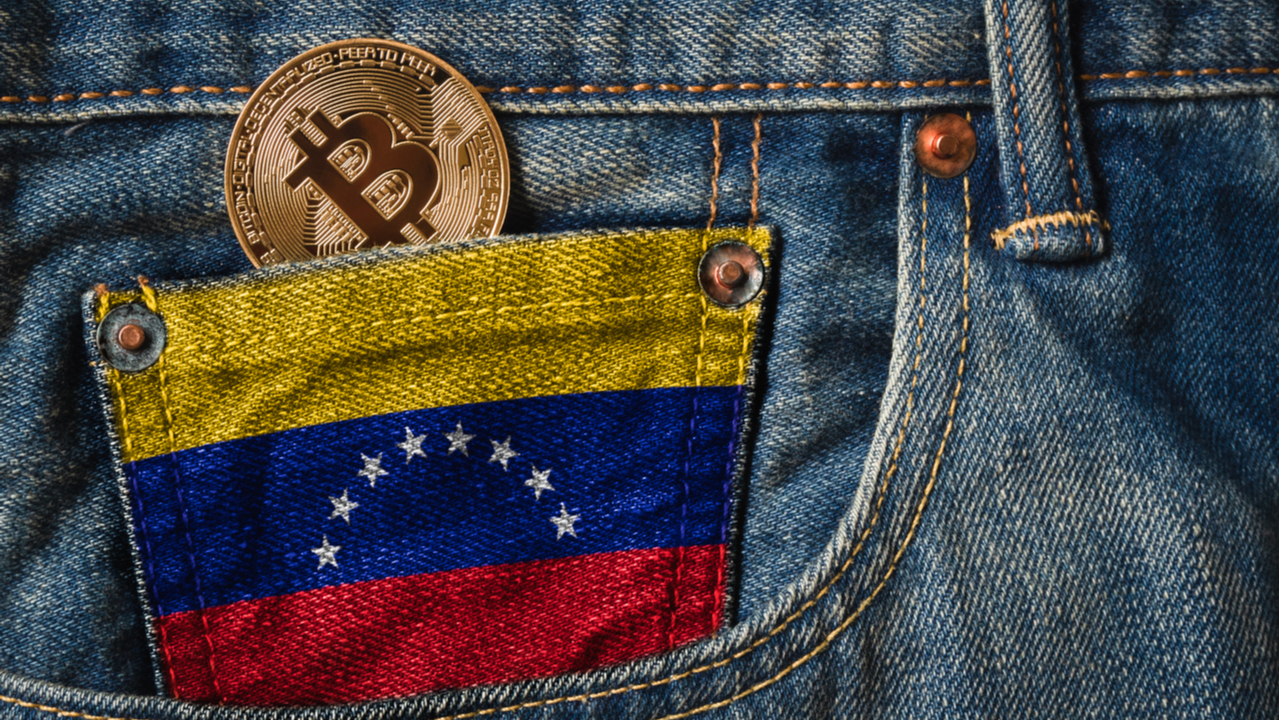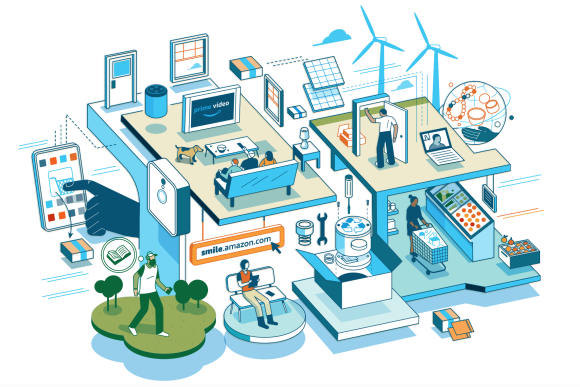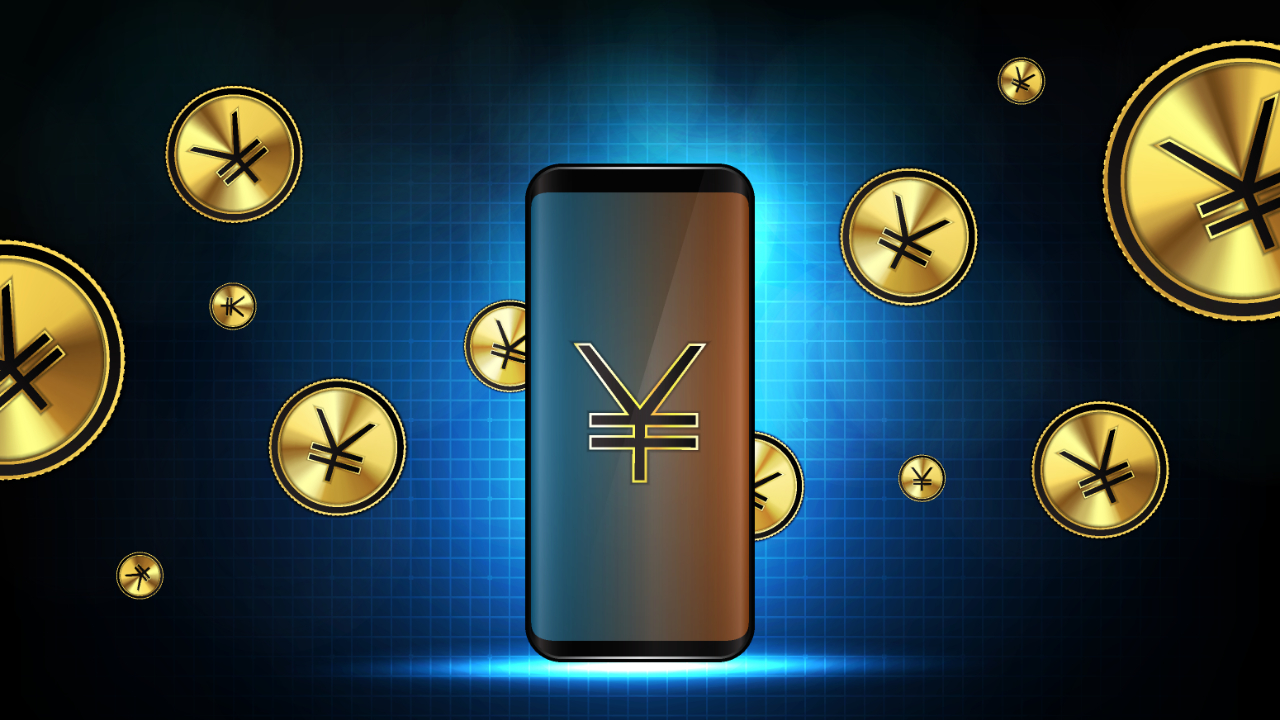Venezuela Pays for Imports From Iran and Turkey With Bitcoin to Evade Sanctions | News
Venezuela has been using bitcoin to pay for imports from allied countries, local news outlet Runrun.es reported this week. The government of President Nicolas Maduro is also planning to increase its usage of bitcoin in trade now that the Venezuelan Army is actively mining the cryptocurrency at its recently inaugurated crypto mining center, the publication added, quoting sources from the Central Bank of Venezuela as saying: Payments to companies from allied countries, such as Iran or Turkey, have been made through bitcoins. Maduro explained that the country’s anti-blockade law allows him to “use all the cryptocurrencies in the world, public, state or private, for internal and external trade,” announcing that some important projects are already in development. This law was approved in October by the pro-government National Constituent Assembly. It provides a wide range of tools aimed at mitigating the effects of U.S. sanctions placed on the Venezuelan economy.










